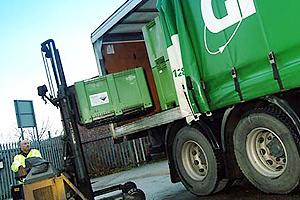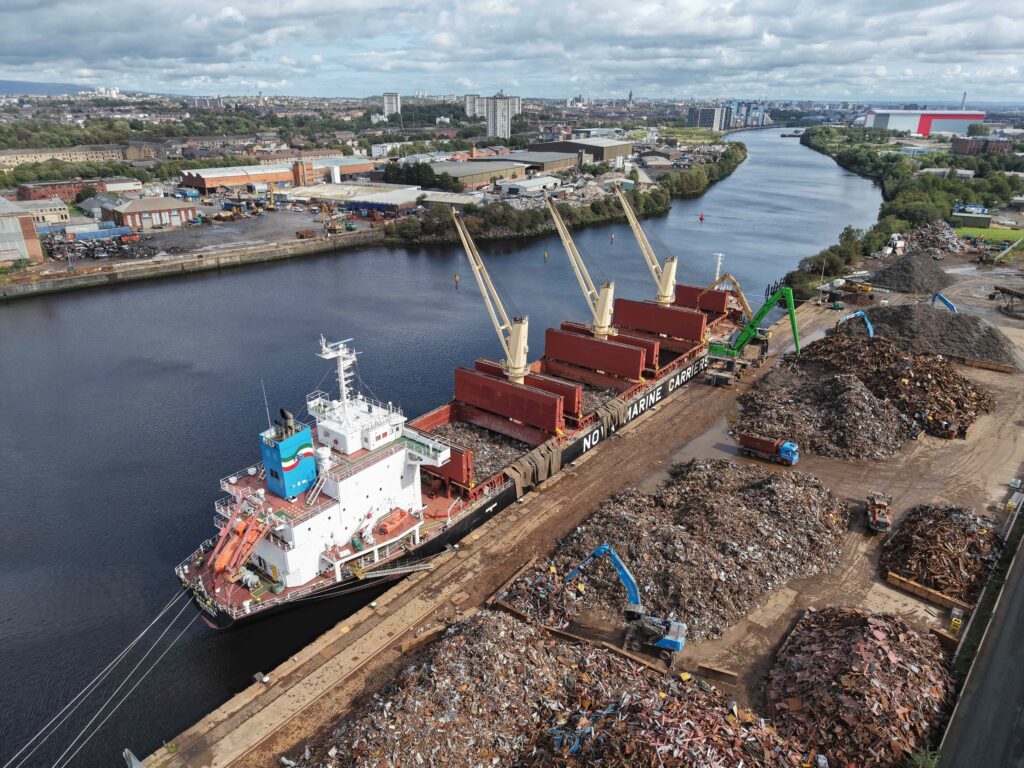The West-Midlands-based firm believes that despite the introduction of stringent legislation concerning the need for compliant disposal for hazardous waste, garages and scrap yards may be putting their trust in casual waste collectors without checking their credentials.
Lead is currently fetching as much as £1,475 a tonne.
Michael Green, managing director of G& P, said: “Of all the automotive wastes, batteries are probably governed by the most complicated legislation due to their hazardous nature. Sadly, though, many industry outlets risk prosecution by allowing their waste to be removed by unregistered collectors and seem unaware of the fact that the waste producer has a responsibility for what happens to their waste even after it has been collected.”
Mr Green explained that the problem of illegal collectors was undermining businesses which complied with the law and been reported all over Europe.
He said: “Our customers have alerted us to the problem and other collectors have reported it too and it's a Europe-wide problem which has become noticeable this year compared to when the price of lead was a lot lower.”
Recycled
The majority of the 100,000 lead acid batteries collected in the UK each year come from the automotive industry and more than 90% are recycled, making them one of the most recycled waste products in the country.
However, in England and Wales companies who produce waste batteries must be registered with the Environment Agency and pay an annual registration fee as a producer of hazardous waste. Each movement of waste batteries must be accompanied by a consignment note signed by the waste battery producer and a fee must be paid to the Environment Agency. The operator who removed the waste batteries must be a registered waste carrier.
Waste producers also have a duty of care to ensure that their batteries are destined to be recovered or disposed of safely and in accordance with the law.
Mr Green said: “Many reputable businesses are risking their good names and exposing themselves to prosecution when their hand their waste batteries to bogus operators or through poor site security. They may offer an attractive price for waste batteries but it is important to check they are fully compliant.”








Subscribe for free